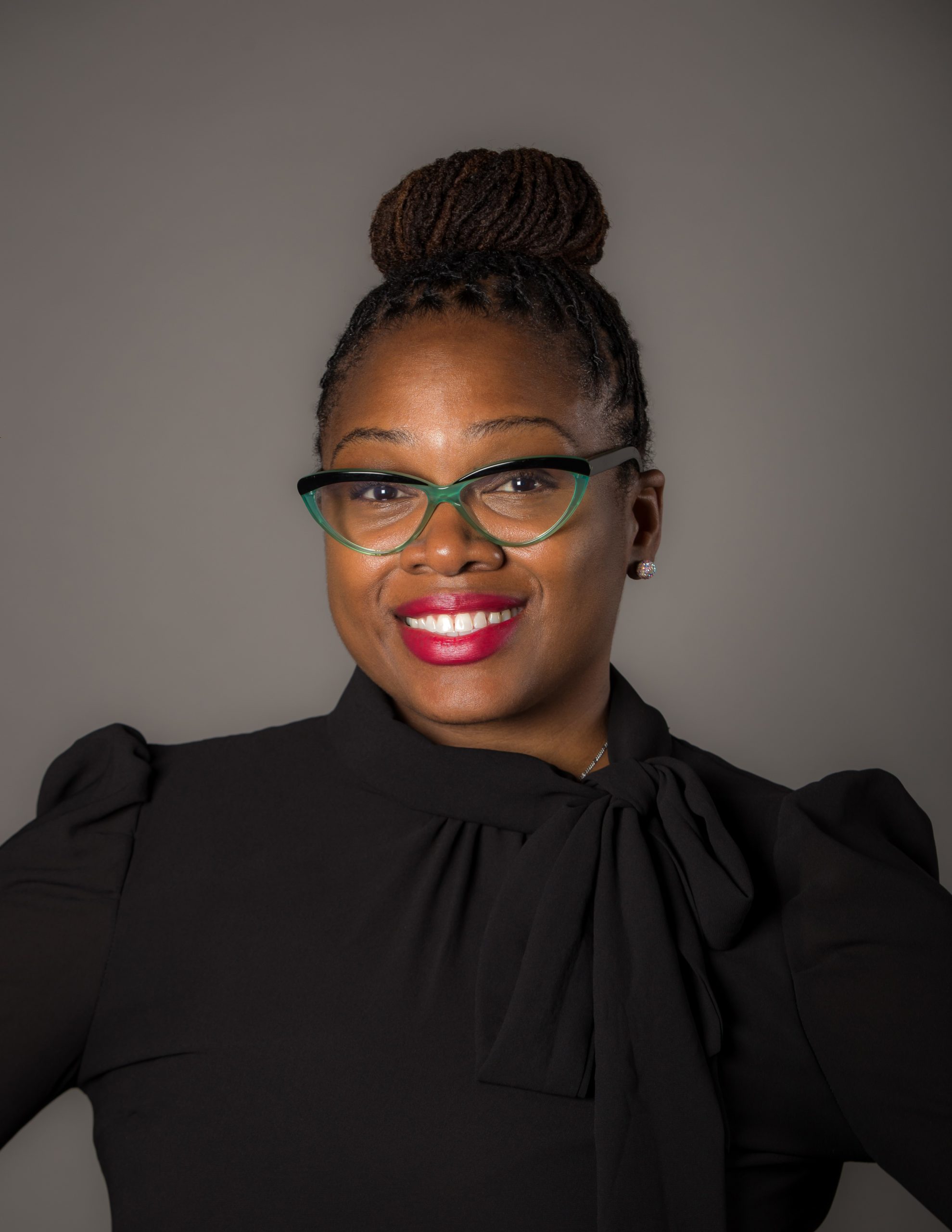 Phase III of the One Vision One Voice (OVOV) program officially began in March 2020. OVOV is an African Canadian community-led program, funded by the Ontario Ministry of Children, Community and Social Services through the Ontario Association of Children’s Aid Societies, aimed at addressing the overrepresentation and experiences of disparities faced by African Canadians after coming into contact with the child welfare system.
Phase III of the One Vision One Voice (OVOV) program officially began in March 2020. OVOV is an African Canadian community-led program, funded by the Ontario Ministry of Children, Community and Social Services through the Ontario Association of Children’s Aid Societies, aimed at addressing the overrepresentation and experiences of disparities faced by African Canadians after coming into contact with the child welfare system.
Keishia Facey recently joined OACAS to lead this phase of the program and we asked her to tell us a bit about herself and the goals of this phase of the OVOV work.
You recently joined One Vision One Voice as the new program lead. What experience do you bring to the position that you expect you’ll draw on most?
My personal experience has taught me that I’m not alone in the struggle to confront anti-Black racism. This work is very challenging and so I plan to draw on the strength of my ancestors and all the people that work tirelessly day in and day out to dismantle white supremacy and anti-Black racism in our country and around the world.
How did your previous work experiences lead you to the OVOV program?
I’ve done a lot of work to address the disparities and disproportionalities that exist for Black children, youth, and families, largely focused in the Durham region. I’ve worked on these issues on both the frontlines and at the policy level in many sectors, including education, mental health, and child welfare. I think it’s important to have this range of experience, because it gives me a clear sense of the systemic problems at all levels.
I knew I could contribute to this meaningful work and wanted to bring my passion for equitable outcomes for Black children, youth, and families to a provincial level. I’m committed to focusing on the needs of Black families through an anti-Black racism lens and to making positive change for them.
What are the main priorities for Phase III? How do they build on the previous phases of work?
Through the previous phases of work, we established that anti-Black racism is a problem in Ontario’s child welfare system and the foundational work was done by establishing the 11 Race Equity Practices. Now our job is to push child welfare agencies further to implement these practices and actually change the way they work with African Canadian families.
In Phase III we’re going to focus on taking those next steps with the release of a new implementation toolkit. We’ll also be prioritizing continued engagement with African Canadian community groups, events for Black youth and child welfare staff, and supporting leaders in the sector to address anti-Black racism at all levels of their organizations. We have already held two virtual sector meetings, open to all Black child welfare staff in Ontario, which were very successful. Led by OACAS CEO Nicole Bonnie, we had over 400 participants at each session, and engaged in meaningful and productive discussions on the current realities and challenges faced by Black child welfare staff.
Phase III is really about continuing the deeply passionate work of the teams that were responsible for Phase I and Phase II. I recognize that this is work that is grounded in love and a genuine desire to see African Canadian children, youth, and families have access to equitable outcomes. To know that I’m a part of this great work is truly an honour.
What are you most excited about for this Phase of OVOV?
I’m really excited about the opportunity to reengage with the African Canadian community. They have been such an enormous part of the work so far, really driving the priorities and direction of the program, so I’m looking forward to getting to hear their feedback and input on the implementation phase.
I’m also thrilled to be part of the team that’s going to execute the next series of African Canadian youth Power Up! Gatherings. We know the crucial role that cultural and racial identity plays in establishing a solid foundation for African Canadian youth, and using it as an opportunity to celebrate, uplift, and empower them.
What will success look like at the end of Phase III?
By the end of Phase III, we want to see an expansion of culturally appropriate service delivery for Black children, youth, and families across the province. We want to see our member agencies continuing to embrace the 11 Race Equity practices, and really own and be accountable for their implementation across their organizations. This includes ensuring we have a measurable way to identify the dismantling of anti-Black racism and the disparities and disproportionalities for Black children, youth, and families in child welfare.
By the end of Phase III, we must be in a place where we can better engage in open and honest conversations about white supremacy and anti-Black racism and the detrimental effects that they have on the outcomes for Black children, youth, and families in the child welfare system. And from these conversations, we must see positive changes in practice that result in decreases in overrepresentation and in the disparity of outcomes for Black children and youth involved with child welfare.
To contact Keishia directly, email onevisiononevoice@oacas.org. For updates on the One Vision One Voice program, please visit www.oacas.org/onevisiononevoice.
Background
The OVOV program was initially launched in 2015 and the first two phases included 15 community consultations, the launch of the Practice Framework and the 11 Race Equity Practices, and seminal events for Black children and youth in care and Black staff from Children’s Aid Societies.